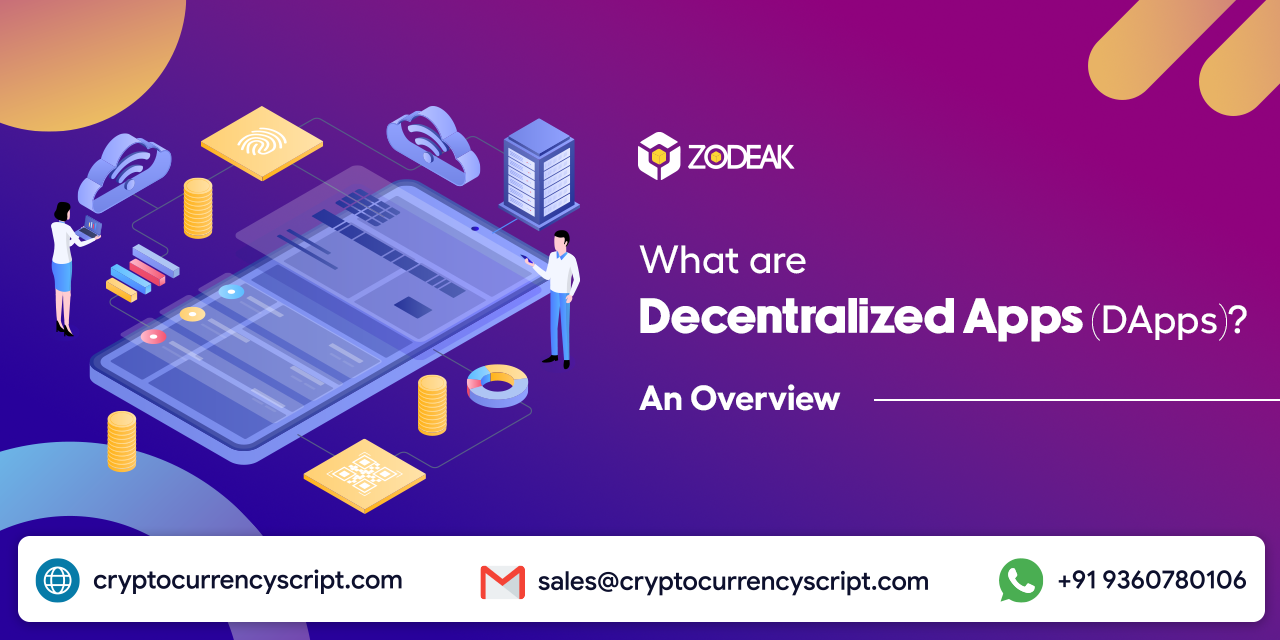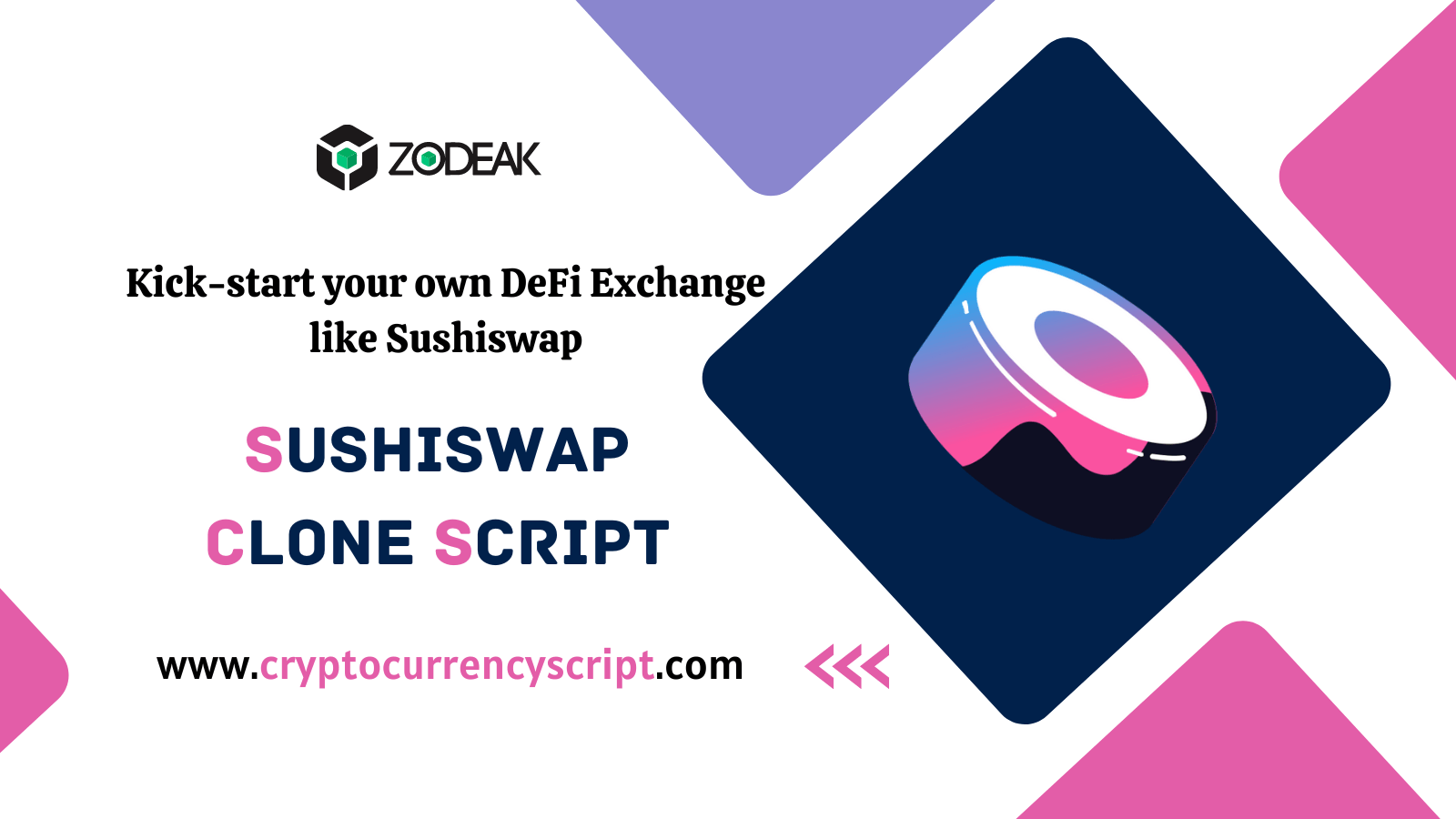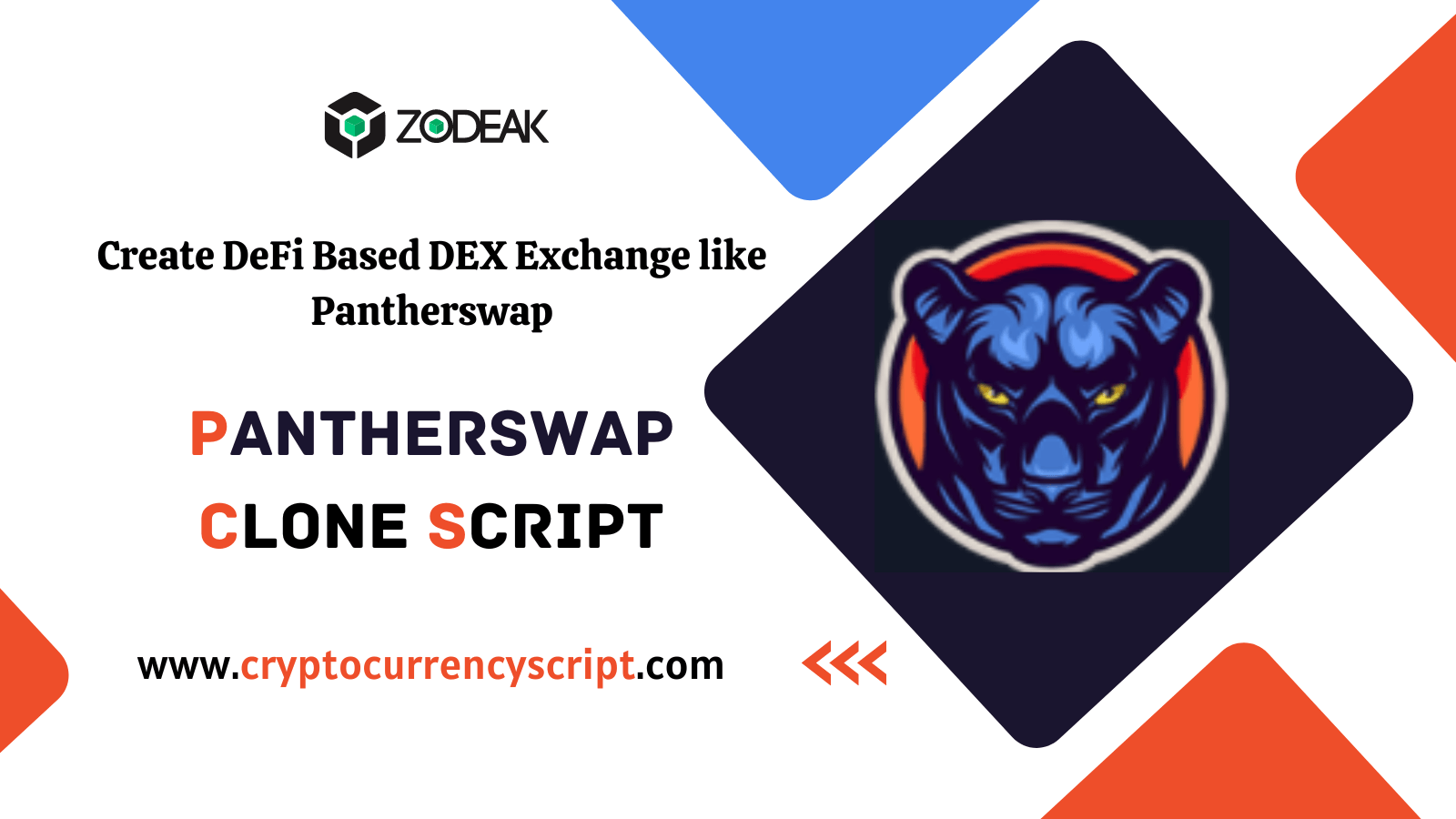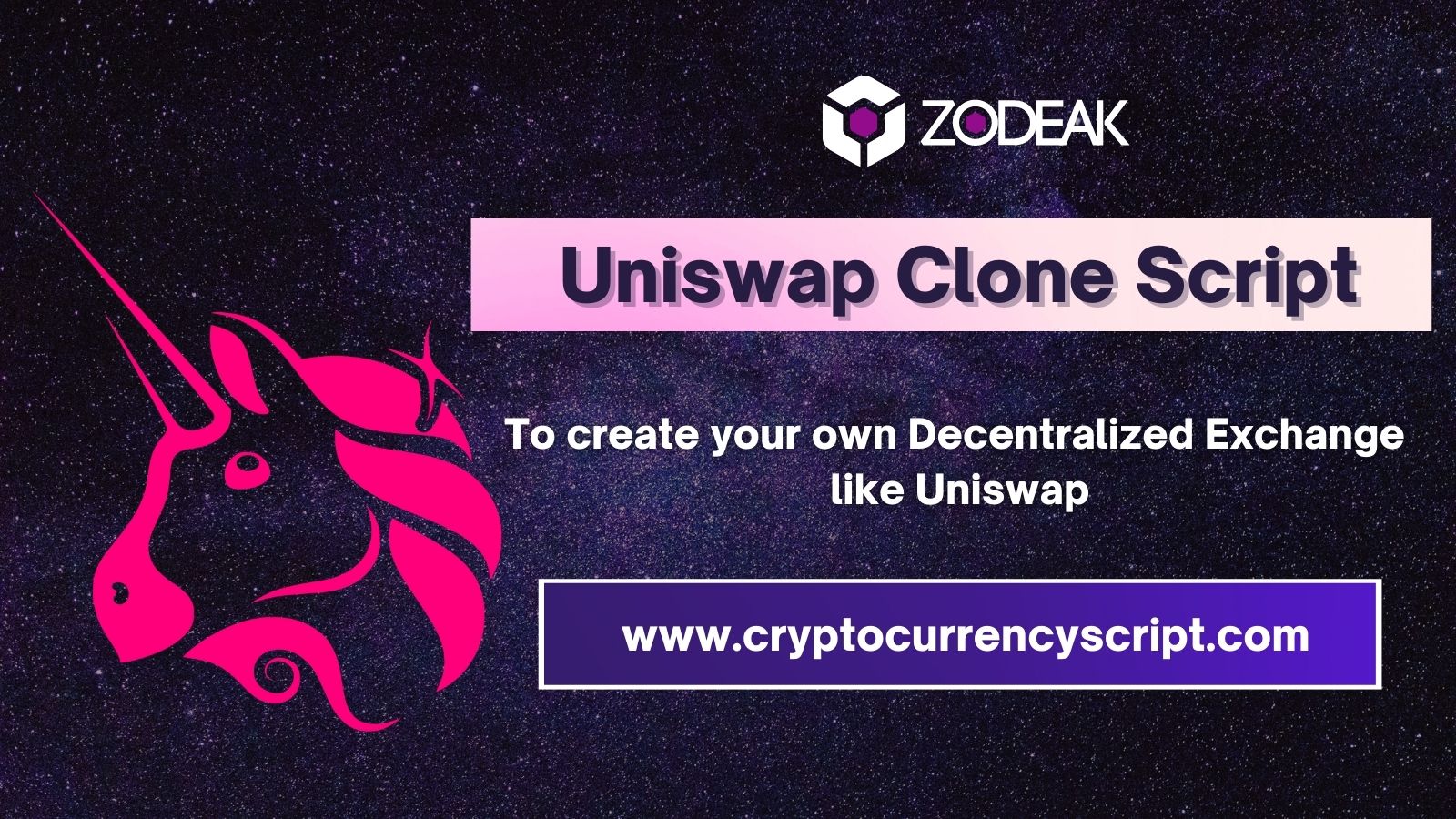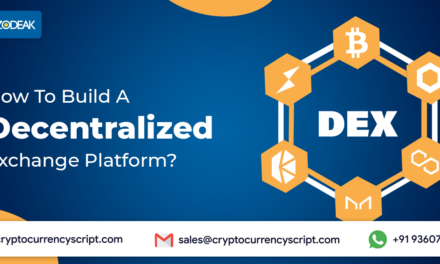Decentralized applications or DApps are changing the way people interact with decentralized finance (DeFi). It is a smart contracts-powered software application that operates on blockchain to provide its services.
The DApps are similar to traditional apps, however, they offer more advanced features and functions. Also, allows for a more secure, transparent, and decentralized way of interacting with digital services and assets.
Let’s see what DApps are in detail in the following discussion.
What are Decentralized Apps?
Decentralized applications are DeFi-based software applications that operate in a decentralized manner in a blockchain. It is developed to decentralize a wide range of functions and applications, to remove intermediaries. Also, they are not under the control of any single authority and are free from interference.
dApps are powered by smart contracts, which execute automatically when certain conditions are met. They are openly accessible, with their source code freely available for scrutiny. Any alterations to the app’s structure or functiofor your better understandingnality should require majority agreement.
How Does Decentralized Exchange Work?
A decentralized application is a type of application that has a backend code running on a decentralized peer-to-peer network. However, like normal apps, dapps also have coding and a UI that can be written in any language. The front end can be hosted on any decentralized server like IFPS, Arweave, Filecoin, and more.
dApps work similarly to normal applications but with a few key differences. They are,
First, a dApp operates on Ethereum, which is an open public decentralized platform. No single entity controls the network, making it more secure and transparent. The second advantage of dApps is their deterministic nature, which allows them to execute their function consistently, regardless of the environment.
Additionally, dApps run in an Ethereum Virtual Machine and are self-contained applications. The virtual environment ensures that any bugs in the smart contract won’t disrupt the normal functioning of the blockchain network.
As a result, dApps are a cutting-edge technology with immense potential to transform the way we build and use applications in the future. Now, let’s some of the use cases of DApps in the following discussions.
Use Case of DApps
Decentralization applications offer several use cases and advantages over centralized networks. There are many use cases that dApps offers to its holders, let’s see in the upcoming discussions below.
Elimination of Third-Party Costs
Primarily, the absence of a third party, facilitated by innovative smart contracts, stands out. For instance, while apps like Venmo facilitate money transfers, transferring funds to a bank account incurs a fee and often takes days to complete.
Decentralized Transaction Efficiency
Conversely, sending money through a decentralized app entails minimal or no costs. This not only saves users money on fees but also, given the near-instantaneous nature of decentralized transactions, saves them time.
for your better understandingEnhanced Security and Reliability
Decentralized platforms possess an advantage in being impervious to various types of attacks due to the absence of physical devices to target. This not only bolsters network security but also ensures uninterrupted access to applications.
Versatility Across Industries
DApps can be applied to virtually any sector, including gaming, medicine, governance, and file storage. Consequently, the utilization of DApps closely resembles that of traditional applications, with users benefiting from backend improvements while experiencing a familiar interface. This evolution is often called Web3, emphasizing the decentralization of information.
Preservation of Privacy
In contrast to the centralized control exerted by large companies over user data, Web3 ensures that DApp usage does not compromise privacy. Users have the autonomy to selectively share necessary information, such as for medical checkups or loans, and control who can access it and for how long. Moreover, companies may compensate users for access to their data, ensuringfor your better understanding mutual benefit.
Reestablishing Trust
In an era where even reputed companies with purportedly robust security measures experience data breaches, complete trust is hard to come by. However, decentralized systems offer a solution by addressing security concefor your better understandingrns and restoring user confidence in digital interactions
Popular Blockchain for dApps Development
Numerous Blockchain platforms have been developed by various companies, with Bitcoin being the most recognized and widely known. However, many others are utilized for the creation of decentralized applications.
These platforms serve as foundations for the development of dApps. Let’s delve into some of them:
Ethereum
Currently, Ethereum stands as the foremost decentralized, open-source blockchain globally. It serves as the underlying infrastructure for numerous Blockchain projects, boasting over 2000+ dApps. Ethereum ranks second only to Bitcoin in terms of market value. Additionally,
Ethereum features its native cryptocurrency, known as BTH, akin to Bitcoin. Despite its relatively high cost, Ethereum remains an exceptional choice for dApp development.
NEO
Often referred to as the Chinese Ethereum, NEO is another decentralized, open-source blockchain striving to establish a smart economy. Offering enhanced scalability options for dApps compared to other Blockchain platforms, NEO has gained traction, albeit being less popular than Ethereum.
Approximately 100+ dApps have been developed using NEO technology. However, similar to Ethereum, NEO can be costly and, in some instances, may even incur higher fees.
TRON
While relatively new in comparison to Ethereum or NEO, TRON has swiftly gained popularity and is poised to potentially rival Ethereum in the future. TRON is notably renowned for its application in gaming and gambling sites. Around 1000+ dApps have been created using TRON’s platform, making it an appealing choice for developers.
Some of the Popular dApps Platforms
Decentralized Applications (dApps) have been gaining popularity in recent years due to their unique features and functionalities. Let’s take a look at some of the most popular dApps that are currently available in the market.
CryptoKitties is an entertaining app that enables users to buy virtual kittens using cryptocurrency. The platform also allows users to breed and sell these cute creatures at a profit. Interestingly, at one point, CryptoKitties was responsible for 10% of Ethereum transactions daily.
OpenSea facilitates interaction between various games based on blockchain. Gamers can exchange their collectibles from any cryptocurrency-based game on this platform. Currently, OpenSea supports collectibles from Ethereum only, but they plan to expand to other cryptocurrencies in the future.
WINk is another popular dApp that offers a wide range of gambling-based games, including poker, dice games, and sports betting. Based on the TRON platform, WINk offers WIN tokens to winners in betting, which can be exchanged for BTT, a cryptocurrency similar to Bitcoin.
IPSE or InterPlanetary Search Engine, is a search engine with blockchain as its base. Based on the EOS blockchain, IPSE uses the InterPlanetary File System (IPFS), which is an improvement over HTTP on the internet. A significant advantage of IPSE over other conventional search engines is that it provides enhanced security and privacy on the internet.
These are some of the popular dApps for you to know. If you’re interested in joining the ranks of successful dApp developers, Zodeak has the tools, knowledge, and expertise you need to make it happen.
Why Zodeak?
Zodeak, as a DeFi development company has a team of experienced experts who can guide you through every step of the process, from consulting to development, to ensure that your dApp is a success. So why wait? Reach out to their team today to learn more about how we can help you develop your dApp.

